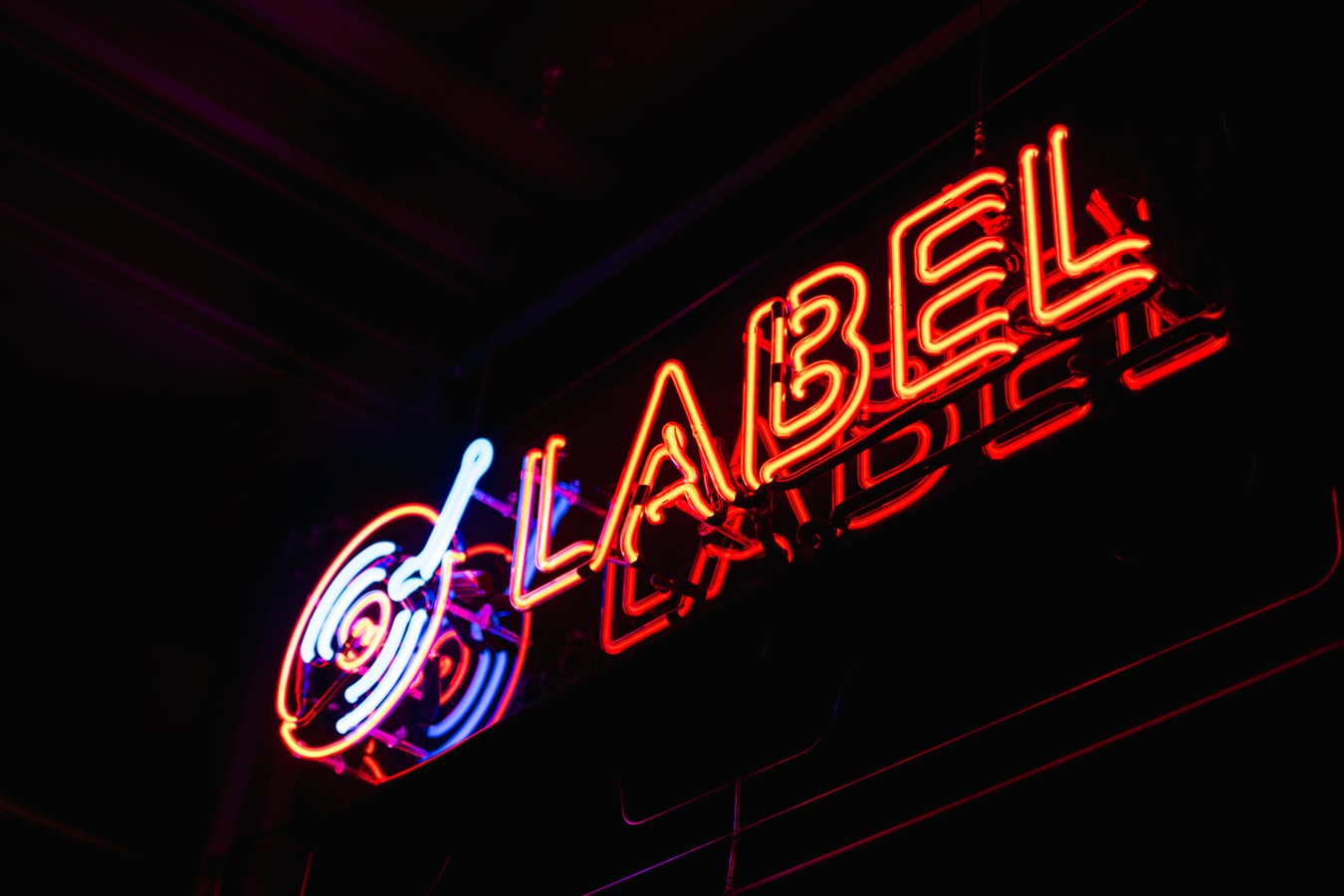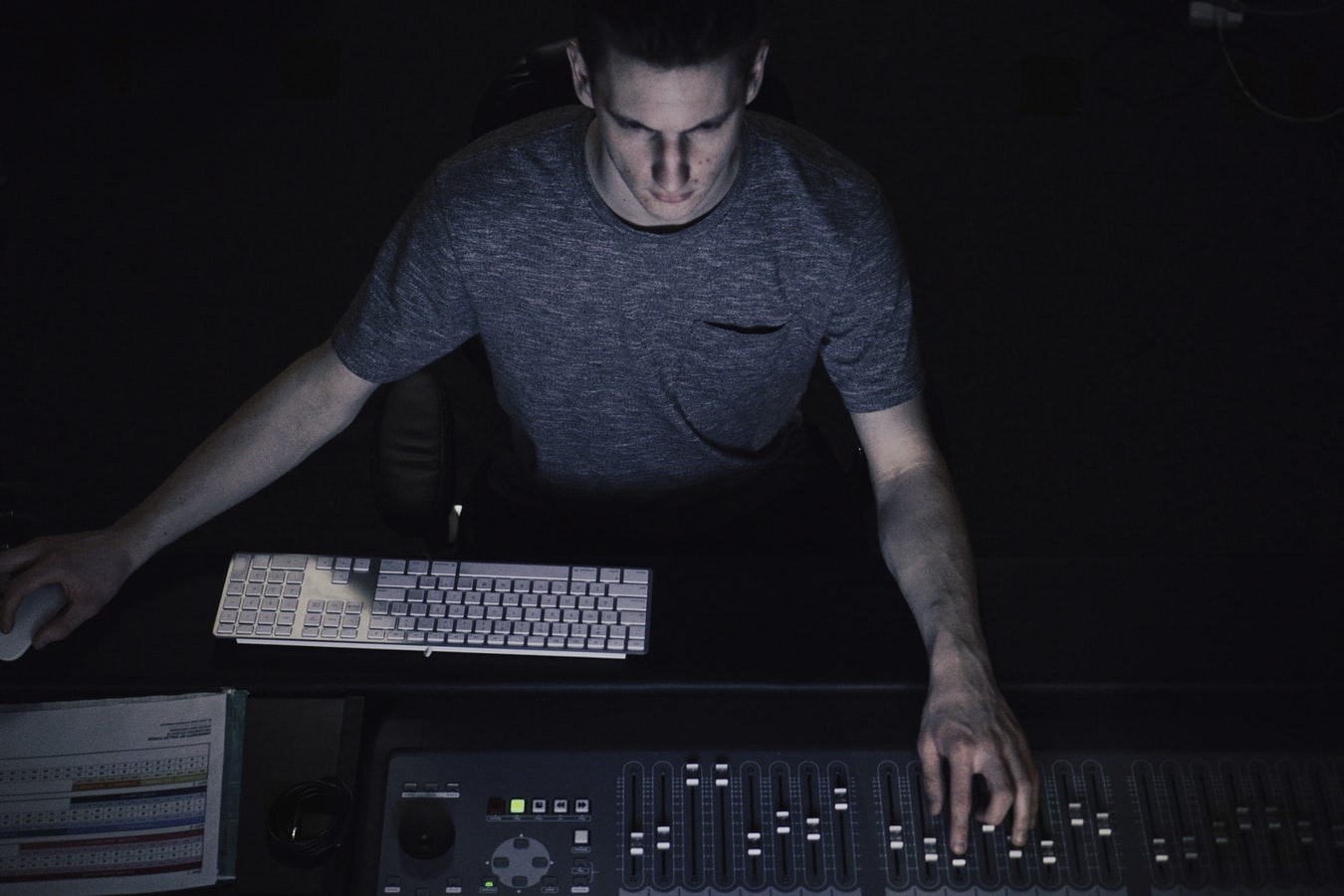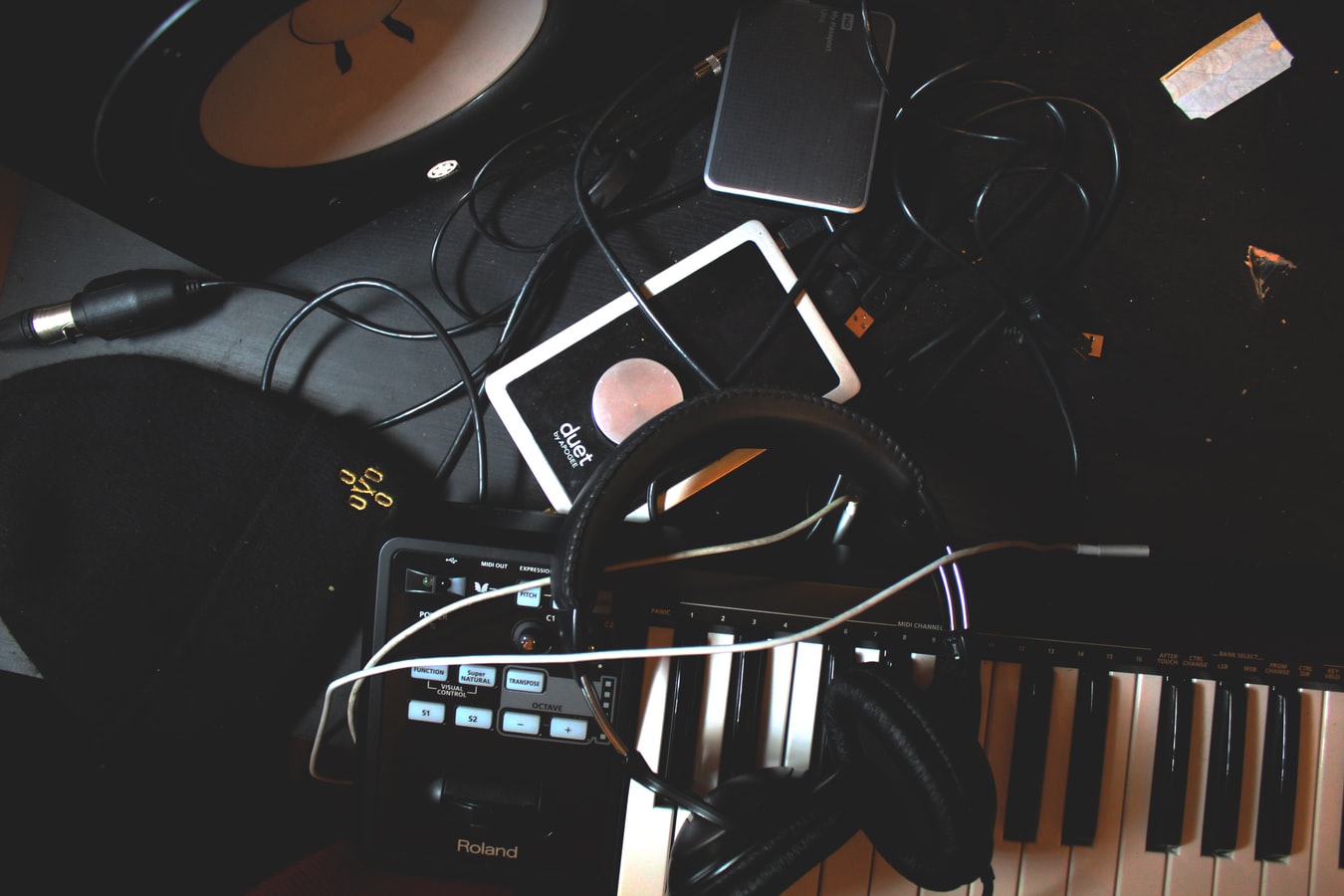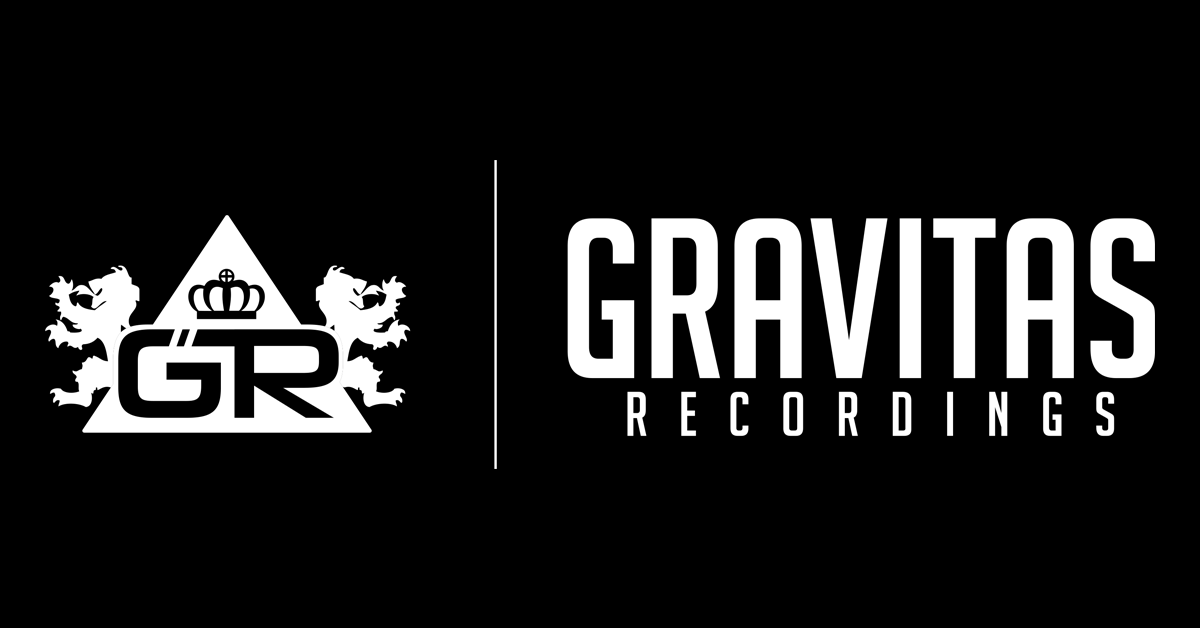Are you a music producer looking to take the next step in your music career? If you’re confident in your sound, you might be considering sending your music to record labels. Releasing with a label can be an amazing opportunity for your brand. Labels can reach a broad audience and bring in more income. Additionally, a reputable label may bring a certain prestige to an artist’s brand. Yet, you may wonder: How can I send a demo to a record label? The submission process is not just submitting a demo and getting signed. Sending demos to record labels is an art, and we’re here to help you in this article.
Before you decide if you want to release with a label, definitely see if a collective may be a better choice for you. Click here to learn the ins and outs of collectives, labels, and hybrids. But, if you are set on releasing via a label, there are some things to be aware of. The music industry is full of rejection. Chances are you’ll hear a lot of no’s before you hear one yes. This is particularly true with the demo process for record labels. Getting signed at a respected, trustworthy record label is not easy. Labels receive countless submissions daily, it’s not possible for everyone to succeed. Sometimes a label’s release schedule won’t even allow them to release demos they did enjoy.
This can be discouraging, but it’s important to have an optimistic outlook. Despite the challenges ahead, do not take things to heart. Your mentality will impact your performance, and you never know if the next response may be a yes. Before you send out your next demo, here are some tips we compiled to help you land that label deal.
If you want more advice on how to send a demo to a label, look into Artist Development Coaching with Jesse Brede. He is the founder of Gravitas Recordings and Lion’s Share Digital (an Austin Web Design Firm) and co-founder of Pivotal Agency. Jesse has managed Beats Antique, CloZee, Desert Dwellers, Bluetech, and Cristina Soto. These experiences have provided unique insights around producer development, music marketing, and strategy. And he is ready to help you land that future deal – even outside of Gravitas.
DO
Research
When you send demos to a record label, do not shoot your music everywhere to see what sticks. Instead, laser-focus on a couple labels. Follow the labels on social media and interact with them. This strategy will not work if you’re targeting major labels, such as Universal Music Group. Targeting major labels may not be the most realistic goals anyways. Most indie labels will notice your name over time though.
When deciding which labels to target, look at the labels you love or the artists you love. See who your favorite artist has released with. Compare your music to other music already released. Is it in the same genre? You could ask other producers and friends and brainstorm what labels they think would be a good fit, too. Do you think their fans would like your music?
Because many indie labels are digital, be open to exploring labels outside the country! Gravitas has released music with artists around the world such as in France and Australia. Just be aware that the data needs to make sense though. If you have zero listeners in New Zealand, maybe don’t release with a New Zealand label.
Personalize Your Pitch
You did the research, now put it to use! Make sure you personalize your demo submission in your outreach when you send a demo to a label. You can mention a release the label has done in the past and relate it to your music. Reference a post on that resonated with you. Maybe even reference something in the newsletter or an artist on their roster. If a label can see effort into your submission, these brownie points may be the tipping point to sign the record. Having a personalized subject line, if they accept email submissions, is great. If you can find the label’s main A&R person, addressing them by name is another bonus.
Have Your Brand Created
Before you send a demo to a label, it’s important to have your assets prepared. We recommend having an EPK with press photos, logos, and a bio. It’s best if you can access all of these assets with one link. Artists with these come off more professional, helping a first impression. Maintaining social media is also crucial. Keeping SoundCloud, Facebook, Twitter, and Instagram updated may influence the decision to sign. If you aren’t maintaining or promoting your brand, it can be a red flag to a label that you’re not dedicated to promoting. Don’t forget to let them know your artist name, too!
For your EPK, emphasize your big wins. Have you played any gigs or festivals? Maybe you’ve done a dope collab. How did your previous releases do? If there’s something that makes you more marketable, make sure you emphasize that. If you have done notable things in the past, it will catch attention. Without being cocky, you should tell the label why they want to work with you. At the same time, don’t brag about something that isn’t unique. For instance, saying that you have 200 followers on social media platforms won’t be enticing.

Follow Directions and Instructions
Many record labels have a portal or an email address dedicated to where they accept demo submissions. If you can’t find an email address, try looking on Google. Most will display demo contact methods on a social media profile or website. If you DM them and ask where to send demos, and it’s displayed in their description, it shows that you didn’t look. Sometimes, finding it is difficult though, so do not stress too much. If you’re having a hard time, many people are probably as well. Just make sure you do the research to determine the best way to submit and follow directions.
Value Quality Over Quantity
When you submit a demo to a label, first impressions are everything. Make sure to send your best music, and always value quality over quantity. Do not send a label a huge playlist full of unsigned tracks. If you have nine tracks that are 8/10, but one track that is a 10/10, send the one track and see what they say. Before you send anything to a label, determine what your best work is. Have your friends and family listen and provide feedback. Even if your friends aren’t artists, their insights can give unbiased perspectives.
Have Patience
Sometimes, it may take months to hear back about your demo. It is important to stay patient and not rush anything. Labels may already have their calendar booked for the next several months. Asking if they can release your album next month is unrealistic. A&R is not always on a label’s high priority list. We know it can be frustrating, but sending multiple messages and blowing up their inbox will do nothing in your favor.
Be Professional
The biggest tip for this category is to be easy to work with. This may sound like a no brainer, but you’d be surprised how many people are difficult to work with in music. You should feel comfortable voicing your opinions and preferences. Yet, it’s important to be flexible and open to discussion with labels.
Have a Conversation Before You Sign a Contract
After a label wants to sign a record deal, you should have a conversation with them before committing. Gather some ideas on what you want to talk about before your initial call. How are royalties paid? What suggestions do they have on marketing? Are they open to approach potential remixers? How much money are they open to investing? Does the label have exclusivity requirements? Will you keep the rights to your masters? Don’t be afraid to ask questions. Many labels will have a digital presentation on how they operate with more information.

DON’Ts
Submit Unfinished Work
While some record labels provide mastering, don’t send unfinished demos. A majority won’t consider of labels won’t consider these. Only send finished songs that are ready for mastering, or at least do not mention the song is not 100% finished yet. It would be in your best interest to have track names decided, as well. If a label accepts your submission and you realize you want to make a few tweaks, communicate that. Also, as a general rule of thumb, do not send remixes to labels unless you have a trusted relationship with them. Even if you have a trusted relationship, only send official remixes.
Send Attachments or Download Gates
Although we all love music, A&R Managers should not have to download a huge file size to preview your demo. It should be an easy experience and not take several steps to get to. Google Drive is relatively common, but usually not preferred. While Dropbox is common, the best way to send a demo to a label is through a private SoundCloud stream. In your demo submission, don’t send third party download links, such as WeTransfer or any zip files / MP3 attachments.
Make sure you have the private SoundCloud link copied and not the URL. The private sharing link should have an “s-” followed by numbers at the end. Before you send the link, appropriately title the file names, make sure the downloads are on for the WAV and disable stats. Even if the streams are from friends or family, those numbers can hurt you. If your dream labels see the private track has 60 plays, it’s a bad look. If you want extra brownie points, upload the track as a private stream and include “[For Label Name]” next to the track title.
Send a Link With No Text
Having a strong pitch is another key component when you submit a demo to a label. When you send a demo to a label, use words to your advantage to create the best first impression possible. A label isn’t only signing your music, it is taking a chance on you and believing in your brand. It’s important to strike a balance between not too much and not too little. You shouldn’t send a five paragraph biography and three paragraphs about how much the song means to you. Shorten it up to a couple sentences. The copy should be tight and concise, yet informative. Not saying anything and “having the music speak for itself” may be the reason you get declined.

Email Multiple Labels at Once
When we say do not email multiple labels at once, we are talking about mass mailings. When you send a demo to a label, don’t BCC on dozens of your targets in one email and send it out. While it saves time, the time invested will be wasted because no one will listen and your demo may never considered. Seeing you are BCCed on an email is a small detail that will cause a lot of annoyance. The worst part is some people could mark it as spam. Instead, draft each email and personalize it with your research. And you don’t want your emails getting caught by the spam folder.
Follow Up Several Times Asking For Feedback
Although it usually comes from a good place, do not follow up and ask for feedback more than once. We understand that it’s usually caused by a willingness to learn. But… don’t do it if you do not have a personal relationship with the label or have a friend there. A&Rs are busy and are usually not able to listen to the entire track, let alone examine every section for constructive criticism. If all artists asked for feedback, A&R managers wouldn’t have time to do their job. If you ask for feedback, follow up, and don’t get anything back, do not take it to heart. There are a ton of other resources and places you can receive feedback from.
Follow Up Several Times in General
While it is not ideal, many labels will not reply to demo submissions. Many artists describe as shooting music into a void. Do not become passive aggressive from rejection or not receiving a response. If you send one reminder a couple weeks after submitting, leave it at that.
Cross Personal Boundaries or Present Yourself Poorly
If you do not know someone on a personal level, you need to act as professional as possible. The music industry is usually more relaxed than corporate environments. That doesn’t mean you should not treat it as if you were applying for a job at corporate. If you wouldn’t message a hiring manager over Facebook, don’t do it to people at labels. While some people in music use social media for networking and may not mind, others try to keep the two separate. And please, do not reach out to mutual contacts to remind the A&R to answer you.
After the Demo Submission
If you don’t receive any replies to your demo, even after following all the advice, don’t let this get you down. The music industry is tough, and overnight success is impossible. Instead, go back to the drawing board. There is always room to improve your music, social presence, relationships, and email pitch. You’re not always going to hit your goal on the first try. Then, try again with a different track. No luck? Try again. Also, continue to interact with the brand on social media and engaging. Maybe even try and network with its A&R. While it’s important to stay between the lines of a hustler and annoying, persistence is key. If a label sees your name several times in the demo submissions, it lets them know you care about the brand and are dedicated. It lets them know you genuinely want to release music with them.
At the end of the day, there is no harm in self-releasing music either. Distribution is open to anyone and artists can easily release without labels. Having a label is not an end all be all. Self-releasing can teach you some important lessons, too. Always absorb what you learn before your next demo pitch, and you’re golden.

Gravitas Recordings is an electronic / EDM record label based in Austin, Texas. If you are interested in releasing with us, you can submit your demo below. In the meantime, check out our Bandcamp and connect with us!
For more information on how to grow your artist project:

Sorry, but you have already liked this article.